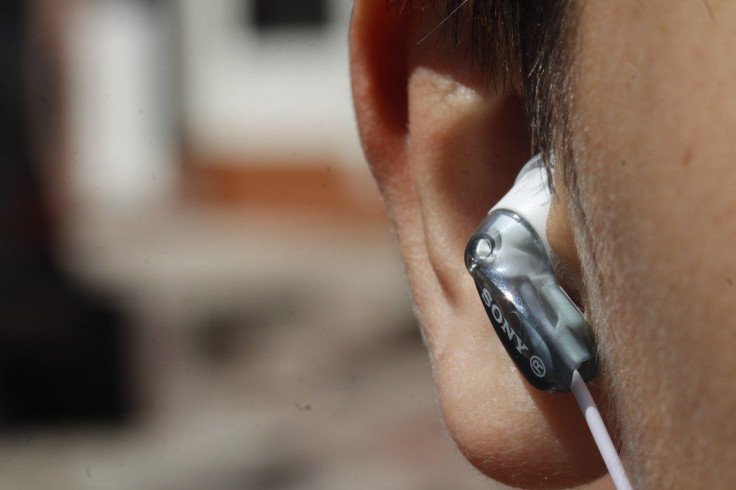45-Year-Old Man Is UK's First COVID-19 Patient With Sudden Hearing Loss
KEY POINTS
- A 45-year-old UK man experienced sudden hearing loss while being treated for COVID-19
- He had a history of asthma but not of hearing loss
- There are other reports of sudden irreversible hearing loss among COVID-19 patients
- Researchers note the importance of considering a link between COVID-19 and hearing loss
The United Kingdom has logged its first case of sudden irreversible hearing loss related to COVID-19. Although it is considered uncommon in COVID-19 patients, the researchers note the importance of prompt response and treatment for the condition.
A case study in the British Medical Journal (BMJ) Case Reports details the case of a 45-year-old man who experienced sudden irreversible hearing loss while he was being treated for COVID-19 in the hospital. According to the authors, the man was admitted to the hospital on the 10th day of his COVID-19 symptoms and was sent to the ICU because he was already struggling to breathe. There, he was intubated for 30 days.
But just a week after being extubated and removed from the ICU, he reported hearing a ringing sound in his left ear followed by sudden hearing loss.
The patient has a history of asthma but not of hearing problems and examinations also found no blockage or inflammation in his ear, although a hearing test confirmed that his hearing had substantially decreased.
Eventually, his hearing partially recovered after he was treated with various medications including steroid tablets and injections.
According to the authors of the report, sudden onset sensorineural hearing loss (SSNHL) is actually seen quite frequently by otolaryngologists, with a worldwide incidence of about 5 to 160 cases per 100,000 people each year. However, what causes it remains unknown although it can follow autoimmune problems or viral infections.
In the COVID-19 patient's case, he tested negative for the conditions previously linked to sudden hearing loss and, his white blood cell count was also within the normal range at the onset of his hearing loss. Having eliminated other possible causes of his SSNHL, the authors considered the possibility that it may be linked to COVID-19.
This is because even if he is the first COVID-19 patient to experience this condition in the U.K., four other COVID-19 patients from other parts of the world have reportedly experienced it already, the first being in April.
What is the link between COVID-19 and SSNHL? Case study co-author Dr. Foteini Stefania Koumpa told The Guardian that it is still unclear but offered a possible explanation.
"It is possible that the SARS-COV-2 virus enters inner ear cells and brings about cell death, and/or causes the body to release inflammatory chemicals called cytokines that can be toxic to the inner ear," Dr. Koumpa told the outlet. "Steroids likely help by reducing inflammation and therefore production of cytokines."
In fact, the authors noted that in one of the previous cases, this time of an asymptomatic COVID-19 patient who also experienced sudden hearing loss, the patient reportedly felt "the most benefit" from using oral steroids.
That said, the exact relationship between COVID-19 and hearing loss remains unclear.
Although the condition is still considered rather uncommon among COVID-19 patients, the researchers note the importance of considering a possible link between COVID-19 and sudden hearing loss or hearing problems especially since it has already been noted in several COVID-19 cases.
In an earlier study by another team of researchers, for instance, they also found that 13% of the COVID-19 patients surveyed reported experiencing hearing problems such as hearing deterioration and tinnitus, some eight weeks after being discharged from the hospital.
"Given the widespread presence of the virus in the population and the significant morbidity of hearing loss, it is important to investigate this further. This is especially true given the need to promptly identify and treat the hearing loss and the current difficulty in accessing medical service," the authors of the case study wrote.
"We suggest that patients are asked about hearing loss in the ITU environments when applicable, and any patient reporting acute hearing loss should be referred to otolaryngology on an emergency basis," they added.

© Copyright IBTimes 2024. All rights reserved.






















